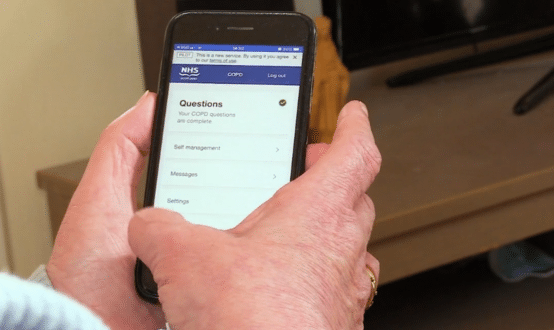NICE recommends app for depression should be trialled on the NHS

A new online and mobile app for depression should be trialled on the NHS, according to the National Institute for Health and Care Excellence (NICE).
The organisation believes Deprexis could help adults with depression get faster access to care.
The app, which was developed in Germany, uses cognitive behavioural therapy (CBT) to help people assess their own situation and find effective ways of coping.
It can be used on any device that has internet access including smartphones, tablets and desktops.
In advice published to NHS England, NICE is recommending that the therapy is trialled for up to two years in at least two of the specialist services that were set up to improve access to psychological therapies.
During the trial, people using Deprexis will be guided by a therapist.
They can log into the programme at any time to complete modules of CBT, avoiding the need to attend therapist appointments in person.
The therapist can see what part of the programme each person is using and review the work they have done.
They can also see how the person is feeling and will be alerted if someone’s symptoms get worse.
The UK cost of Deprexis has not yet been agreed, though NICE has said the trial will be funded by NHS England.
NICE plans to review 14 digitally enabled means of treating anxiety and depression over the next three years, as Digital Health has previously reported. The aim is to determine how effective they are, and so indicate whether they might be considered for wider use across Improving Access to Psychological Therapies (IAPT) services.
Dr Paul Chrisp, programme director of the medical and technologies programme at NICE, said: “Deprexis is a digital therapy that could help speed up access to care and free up therapist time to treat more people.
“This new programme, funded by NHS England, has meant that we can now open up access to innovative therapies by recommending them for real-world evidence study.
“Our aim is to provide evidence-based advice so services can make informed decisions and people have more flexible options to treat anxiety and depression.”




